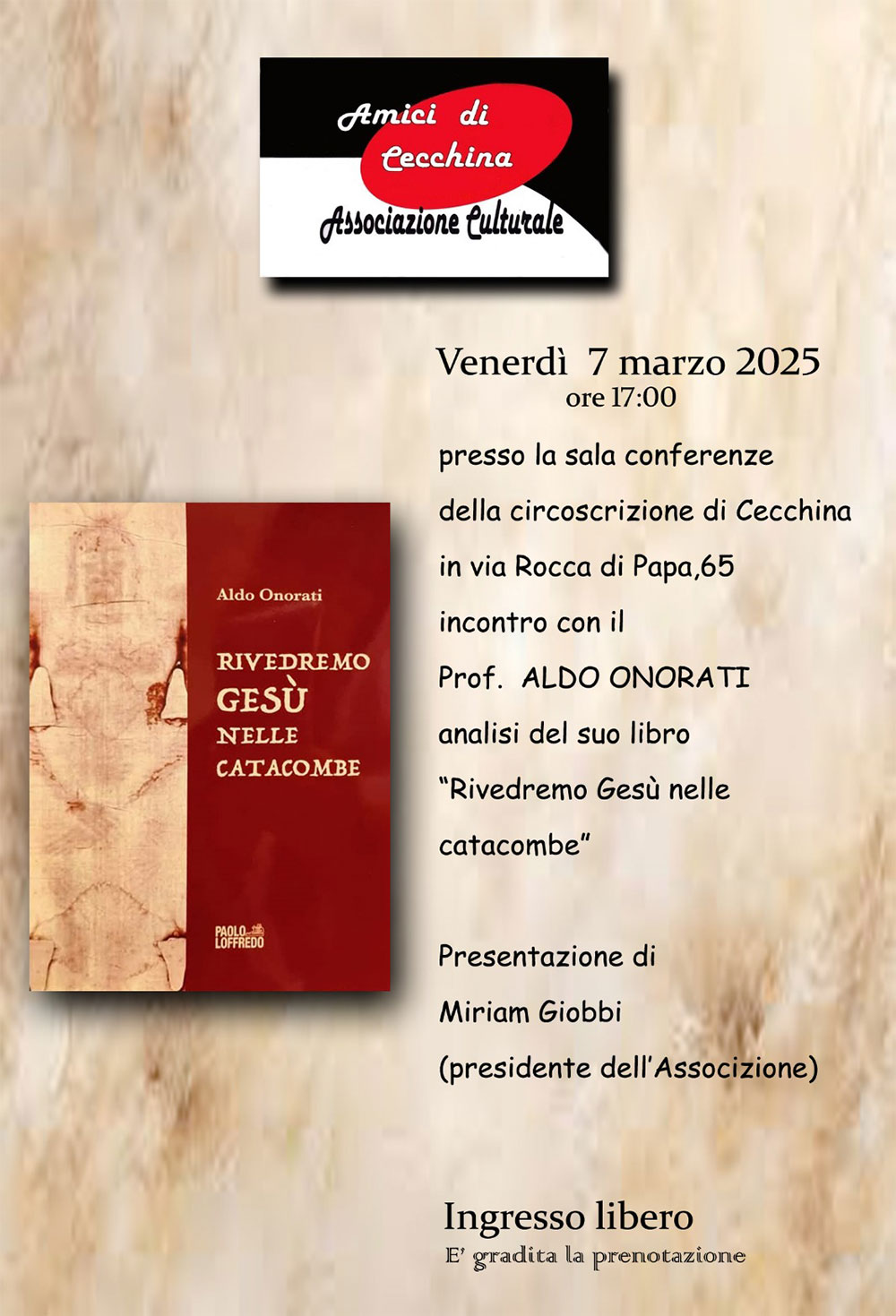 Paolo Loffredo, sixth generation of a large family of publishers and booksellers engaged in the production and distribution of books since the late nineteenth century, creates in 2012 the new editorial company Paolo Loffredo Editore. The historical site was until the '80s in the heart of the historic centre of Naples in Via San Biagio dei Librai, lower Decumano and also known as the SpaccaNapoli.
Paolo Loffredo, sixth generation of a large family of publishers and booksellers engaged in the production and distribution of books since the late nineteenth century, creates in 2012 the new editorial company Paolo Loffredo Editore. The historical site was until the '80s in the heart of the historic centre of Naples in Via San Biagio dei Librai, lower Decumano and also known as the SpaccaNapoli.
At the beginning of the twentieth century, Giuseppe Loffredo decided to add book selling to the book production, which definitively imposed itself after World War II with the publication of manuals for the University and for the School that succeeded in establishing themselves soon throughout Italy.
LAST EVENT
"Rivedremo Gesù nelle catacombe"
07 Marzo 2025 - Sala Conferenze circoscrizione di Cecchina - via Rocca di Papa 65, Albano Laziale (RM) - ore 17,00

Emilio De Marchi – Condanna e perdono
ISSN 2283-4281
Language: Italian
Publisher: Paolo Loffredo Editore Srl

Description
Emilio De Marchi. Condanna e perdono
Emilio De Marchi, author «who has felt his task as a vocation and a mission and not as a mere literary exercise», describes, through narrative fiction, experiences with which he has come into direct contact or through the chronicle of newspapers. The story A man condemned to death, released on "La Vita Nuova" in January 1876, the same year as Cesare Lombroso's The Delinquent Man, should be considered in the context of the commitment to reintegrate former prisoners into society, with the aim to spread the idea of the Association of Patronage for those released from prison. The "vigorous reaffirmation of the morality of the ethical and civil conscience" crosses one of the most burning social problems of modern societies that want to correspond to the ideals of freedom and, in particular, to those human rights recalled by Cesare Beccaria and debated in the newborn Italian Parliament with the imposition of the positivist school of criminal anthropology.
The volume crosses and comments on the published and unpublished corpus of the novels, then dwelling on the fictional production between guilt, condemnation, infirmity.
Proverbially smiling under the long mustache, De Marchi conveys a "humorous" image: if the protagonist of The Hat of the Priest, the Baron of Santafusca, had lived in the time of the Unnamed, he would have also converted after having committed the crime.



